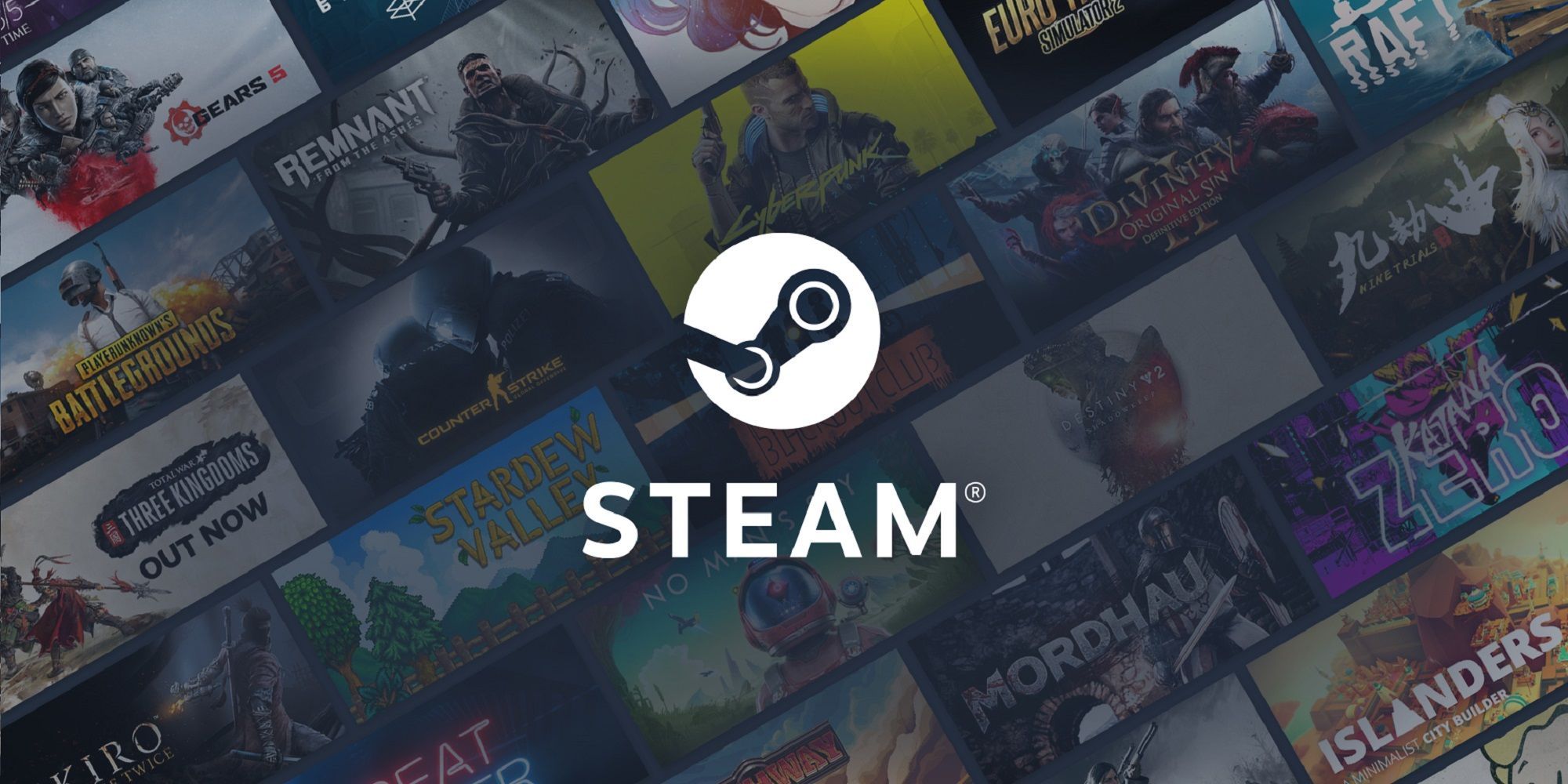T4K3.news
Steam revises adult content policies
Valve adjusts rules to comply with pressure from payment processors, leading to game delistings.

Collective Shout asserts their influence on Valve's new rules regarding adult games on Steam.
Anti-porn group claims victory in Steam's adult content policy change
Valve, the company behind Steam, has modified its content policies to allow payment processors and banks to define acceptable adult material on their platform. This change comes after pressure from the Australian group, Collective Shout, which advocates for the removal of games they deem exploitative or abusive. Valve clarified that this strategic shift was necessary to avoid potential restrictions from financial partners. Following this, numerous sexually explicit games, including those depicting incest, were reportedly delisted. However, Valve has not confirmed the exact number of games removed or the institutions that prompted the changes. Collective Shout has claimed credit for these actions, labeling them as a triumph for child safety advocates, despite facing backlash and threats from the gaming community for their stance.
Key Takeaways
"We have brought about the delisting of 500 games from Steam."
This statement emphasizes Collective Shout's claim of direct influence over Steam's content policy.
"Our mission is to combat the sexualization and objectification of women in media."
This quote outlines the core objective of Collective Shout's campaigns, revealing their motivations.
"Collective Shout's connections to conservative groups raise concerns about their broader agenda."
This highlights the potential ideological motivations behind their influence on content policies.
The recent policy shift at Valve shines a light on the tension between censorship and freedom of expression in digital media. While Collective Shout may see their efforts as protective, concerns arise over the broader implications for game developers and erotic content producers. Many argue that financial entities influencing content policies could lead to a chilling effect on creative freedoms. This situation raises critical questions about who gets to define what is acceptable in entertainment, especially when groups with religious leanings play a key role in shaping policies. The discourse of child safety can often cloak more contentious moral agendas, complicating the landscape for future discussions on content moderation in gaming.
Highlights
- Empowerment or censorship—who decides what's acceptable?
- Protecting children or pushing an agenda?
- Is Steam curbing artistic freedom under the guise of safety?
- When do efforts for protection cross into moral policing?
Controversial policy change raises concerns
Valve's shift in content policy has sparked criticism from developers and advocates for artistic freedom, suggesting that financial pressures may limit expression.
The ongoing discussion about media representation and regulation remains complex and contentious.
Enjoyed this? Let your friends know!
Related News

Valve changes Steam adult content policy

Valve updates rules, removes adult games

Valve removes adult only games from Steam

Gamers Join Forces to Challenge Visa's Adult Content Policy

Payment companies face backlash over adult game removals
VILE: Exhumed banned from Steam amid censorship wave

Mastercard denies pressuring platforms to remove adult games

Waypoint Writers Resign After Article Removals
